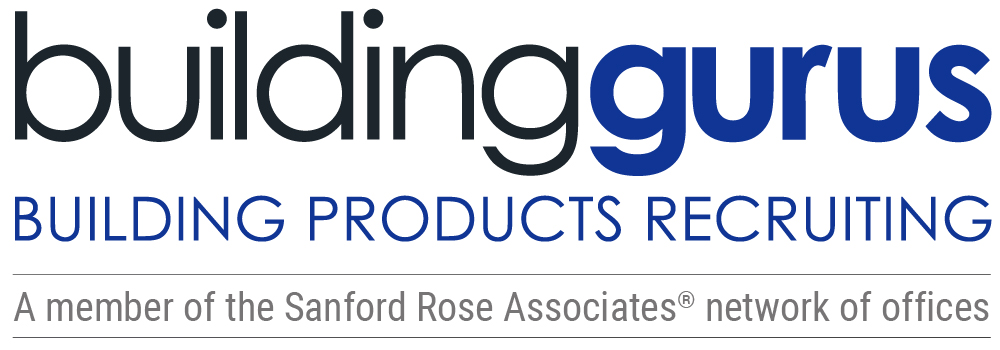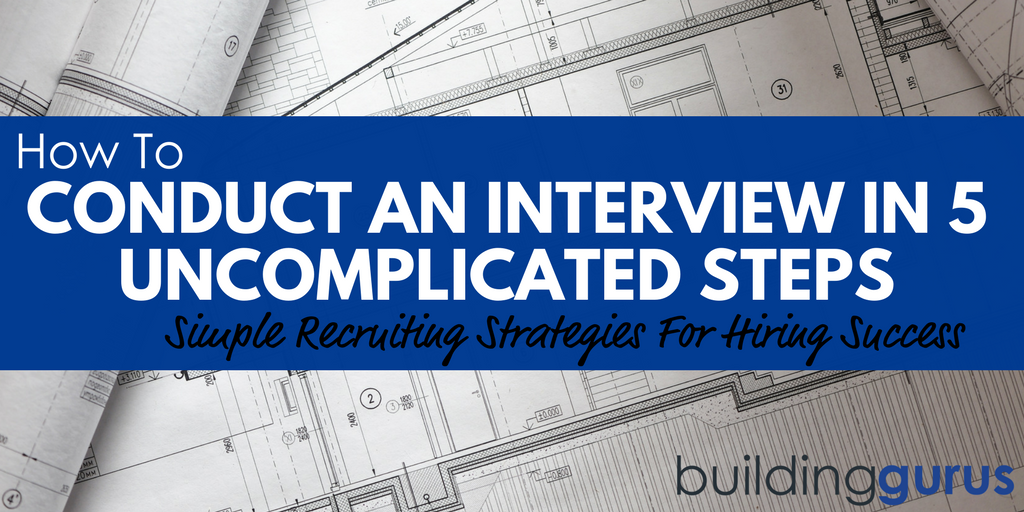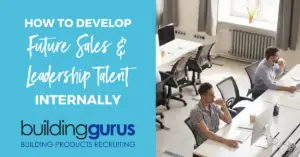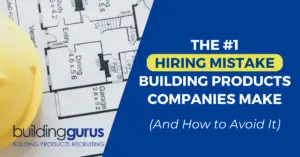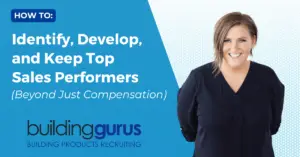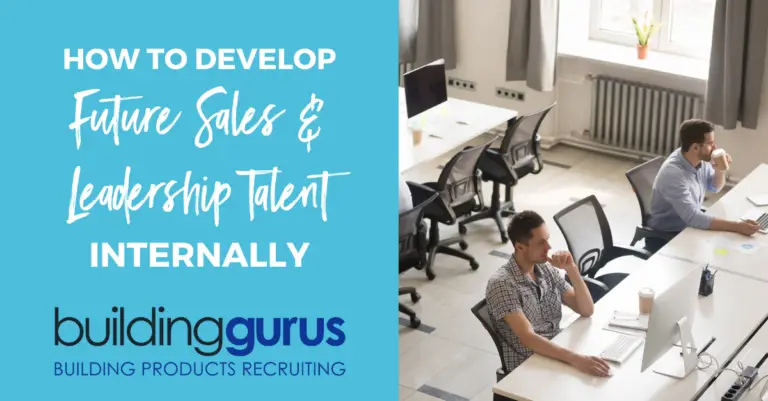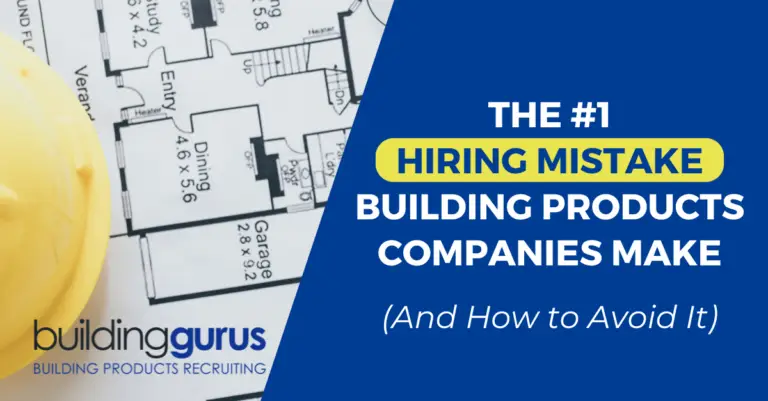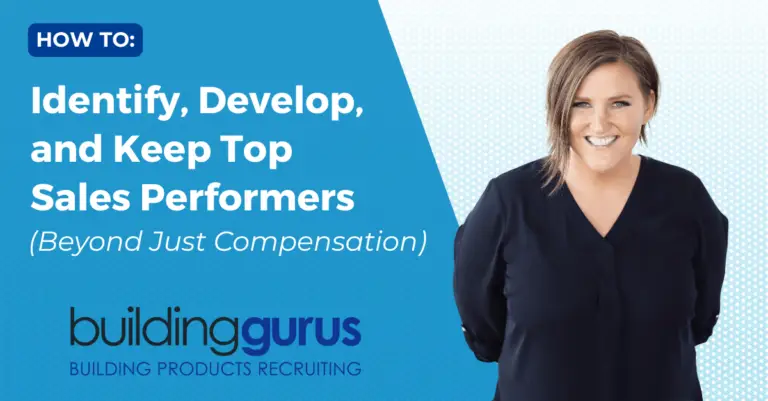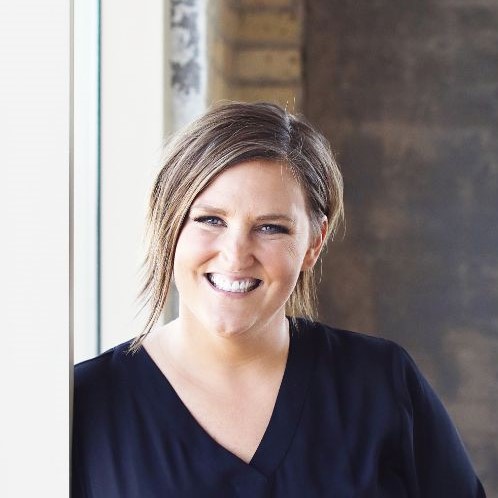When I was a kid, I imagined on your 21st birthday someone handed you an adult beverage and the keys to being grown up. I mean, how else did you know to do laundry before you got down to just a sweater and bathing suit? Who teaches you to file your taxes and when did driving responsibly kick in?
I, of course, was off base. There was no magical Very Adult Things fairy.
I had to learn on my own and I am pretty good with everything now. Except driving the speed limit – not sure where my lead foot came from!
I also didn't know how managers learned to conduct effective interviews. Now, I am happy to report, I have that answer.
1. Prepare
We all know being prepared usually makes everything go smoother. But, does that mean we always follow logic? No, life gets in the way.
If you grab a resume and scan it on your walk to the interview room, candidates know. You expect them to be ready, so do the same.
Keep your schedule clear before and afterward. Go to the restroom, get a coffee refill and take care of anything else you need to. At least 10 minutes before the interview, print the resume and get ready.
- Review the work history in reverse chronological order
- Google terms, industries or businesses you aren't familiar with
- Highlight areas you want to dive deeper into
- Jot down any questions you have
- Grab a candidate ranking form, a pen, and a notebook
2. Make A Connection
Interviews bring out the jitters in just about everyone.
So, take a few minutes to let everyone settle in. Make small talk about traffic, weather, etc. Ask if the candidate would like a beverage.
I like to give a brief overview of the process. So, I might say: “I appreciate you coming in to meet with me. I am excited to learn more about your background. I have some questions and can talk a little bit about the role and our company. We'll wrap up with any questions you have and information about the next steps.”
By breaking the ice, you'll put them at ease. And, giving an overview should hopefully let them know there won't be scary surprises.
I would then move to the standby–Tell me about yourself. Asking a fairly generic question to start lets you form a connection. By taking 5 minutes to get on the same page and build some rapport, you should get much better answers.
3. Ask Questions, Show Curiosity And Dig Deeper
Your first conversation was likely by phone and covered mostly functional questions. Now that you are in a room together, I would move on to behavioral and situational questions.
You want to make sure you are really listening to the answers and drill down deeper when your curiosity is aroused. If a question is not answered sufficiently, don't be afraid to rephrase or ask follow-up questions.
When you engage with the candidate and ask probing questions, you are strengthening the rapport you started.
During the interview, take notes so you can refer back to them. List what you liked, skills or details you want to remember and anything that might be a sticking point.
4. Turn On Your Recruiter Brain
Sometimes a candidate says one thing and means another. You need to read between the lines. When someone says they left because of “difference of opinions”, what does that mean?
Don't just scratch the surface. When someone says something that makes your spidey sense tingle, dig deeper.
Also, look for physical reactions. When you talk about working Saturdays do they say “yeah, that would be fine” but their body language says differently? Do they light up when you talk about strengthening bonds with existing clients but get pale when you talk about prospecting?
What are their hot buttons – negative or positive?
5. Moving Forward
In the end, you hopefully have a pretty good feel for this candidate.
If they are a fit, I might say “I think your background and experience are close to what we need. I'd like you to meet our XYZ as well. Let's set up a time to talk further.”
If you are going to decline them or aren't sure, I'd say “I enjoyed talking with you today, I appreciate you coming in. I have a few more people to meet with. We will be contacting everyone by XYZ about the next steps.”
If you are really comfortable, you can decline them right away with “I appreciate you coming in to meet with me. From our conversation, I don't feel this role will be a fit, unfortunately. If anything comes up in the future that is a better match, I will definitely contact you.”
Bonus Last Step
Immediately after the interview, finish jotting down notes and your impression of the candidate and the interview. Update the candidate ranking sheet. When you are trying to keep many candidates or multiple roles straight, having an effective tool really helps.
There, that was pretty easy!! I may never figure out how to drive 55 but I can help make your interviews better.
